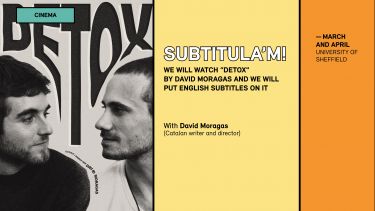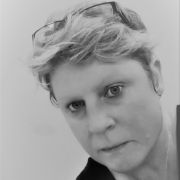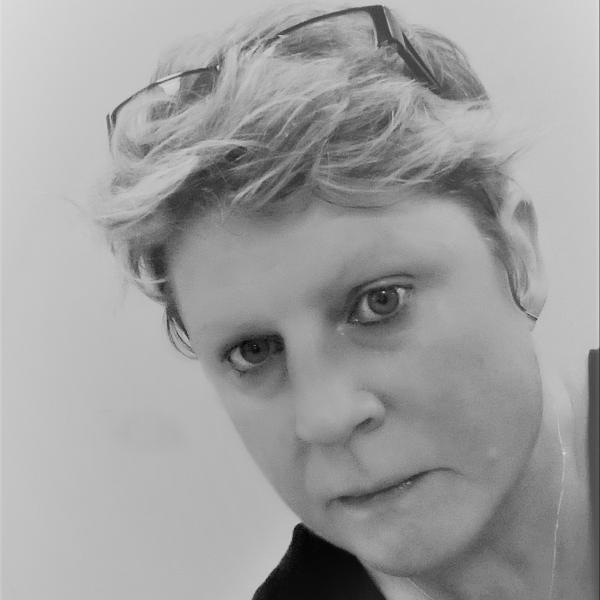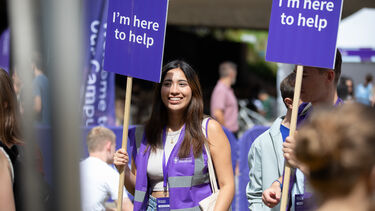Cultural pieces can be the best match to practise language skills. For this reason, students in Catalan Studies have worked with novels, music and films from beginner's level. One such cultural piece was a short film called “Detox”, by the Catalan film director David Moragas, that we worked on with Catalan Advanced students in the 2021-2022 academic year.
After watching the short film, which is presented in Catalan, we then had the opportunity for a discussion with the emerging Catalan director about the film, his start in the film industry and the importance of having LGTBQ+ references in cultural pieces.
Following this, and with the aim of giving students professional skills that can be useful after university, Núria Massot (who teaches on the MAs in Translation and Intercultural Communication Studies) delivered a subtitling workshop in March . As she explains:
"Students were introduced to subtitling and to the main subtitling constraints and strategies from both a theoretical and practical perspective. The students started to create their first subtitles using Aegisub, a free subtitling tool, following the practical subtitling guidelines covered in the workshop. Prior to this session, the students had a discussion with the director, where they talked about the main features that are important to take into account when translating the script. This was very helpful as students were focusing on those features when creating their subtitles and applying the translation strategies”.
After the session, we focused on translation into English. It was a very challenging yet rewarding experience: one month later, Núria Massot returned to the class and checked the subtitles students had created. Seeing that their efforts and studies had yielded results was a great experience not only for the students, but also for me as the Catalan instructor.
We also asked David Moragas to sum up his experience:
“It feels surreal – but nice – as a Catalan filmmaker to be able to share my movies this way, with students abroad. The language we speak shapes the way we tell our stories, our characters, the tone and even their personalities. This experience felt like such a unique and remarkable way to study the differences between languages, but also our cultures and ways of being. It was a pleasure being part of this project, and I wish to collaborate in the same way in the future!”.
This whole project, including the talk with the director and the workshop, has been funded by Institut Ramon Llull and, as always, we are grateful for working with them in order to spread Catalan language and culture across The University of Sheffield.




